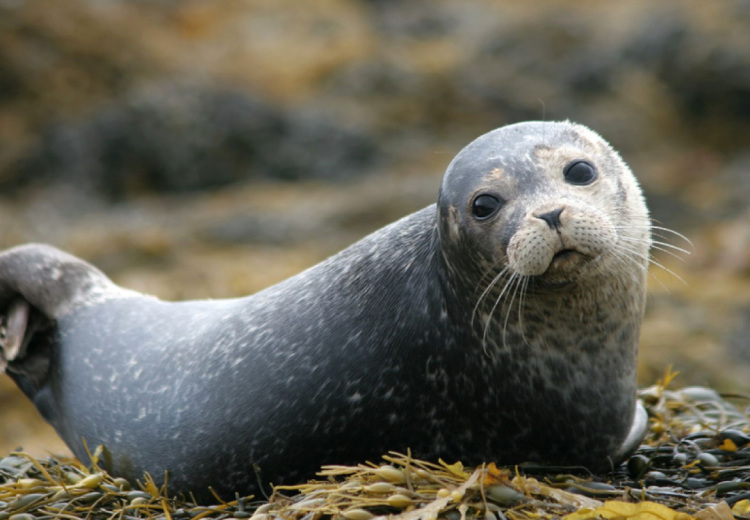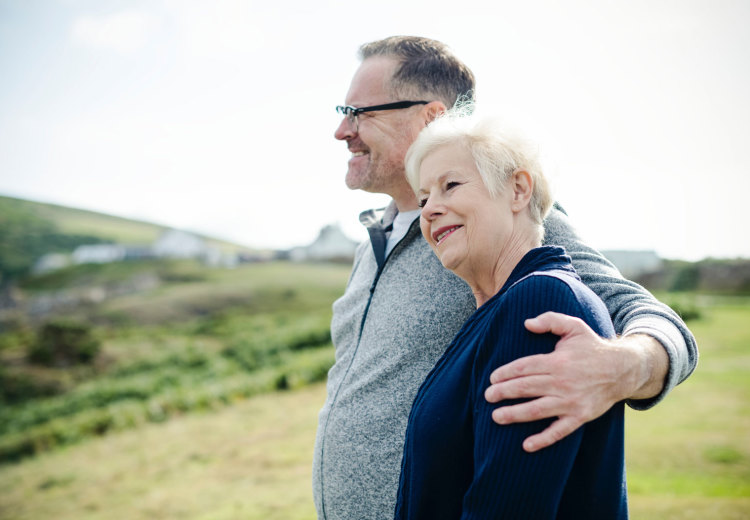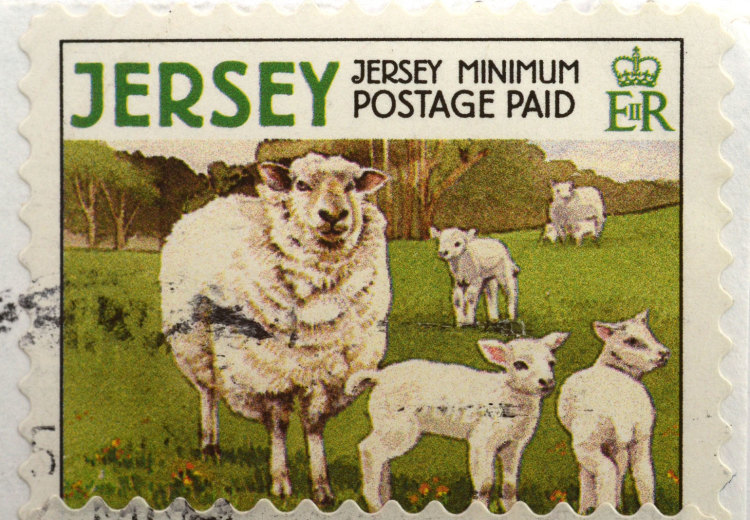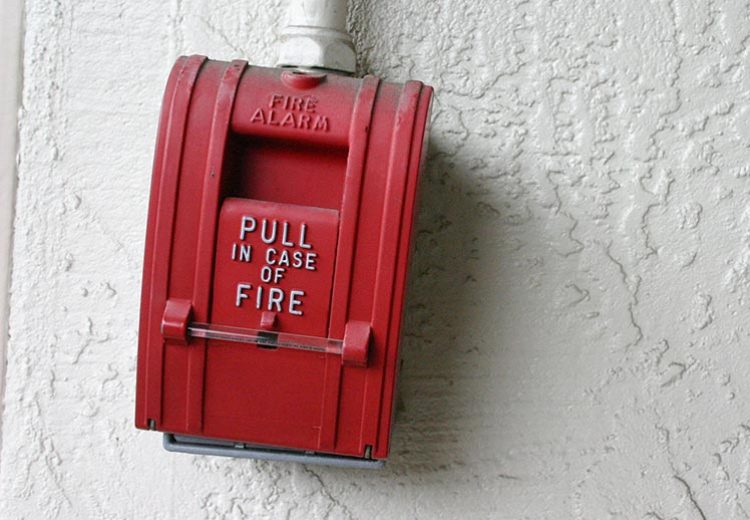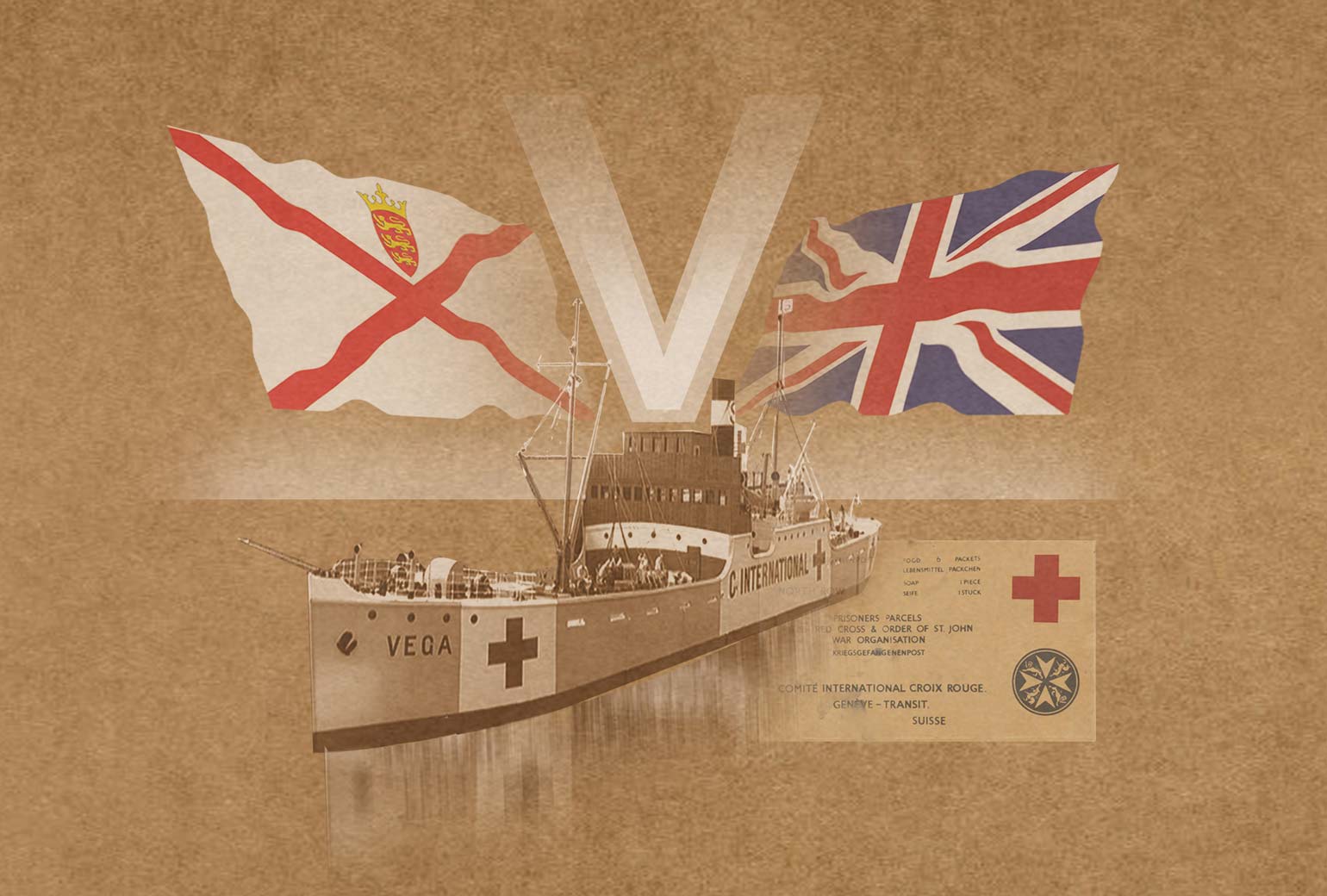
In the face of adversity, the people of Jersey have always shown resourcefulness and community spirit. As challenging as our current situation is in the midst of the Corona-Virus outbreak, 75 years ago things were a lot more difficult.
During the Occupation, Jersey suffered from severe food shortages and Islanders had to adapt in many ingenious ways to stay alive. With the population of 40,000 islanders along with 11,500 German troops, as time went on food shortages became so bad that towards the end of the Occupation the whole Island, including the German forces faced starvation.
A typical day's diet on Jersey during 1943, taken from The Model Occupation by Madeleine Bunting.
OCCUPATION MENU |
|
Breakfast
|
Lunch
|
Tea
|
Supper
|
Sometimes rationing included ingredients of pasta and brown flour which were not familiar ingredients so the Jersey Evening Post published tried and tested recipes.
People who lived in rural areas had things a little better as fruit and vegetables could be grown by those who had the space to plant food.
Despite living on an island fishing was restricted and fishermen had to obtain a special license and only allowed them 1.5 miles from the coast and only able to fish during daylight hours. This was to make sure they did not escape and also there were mines floating in the water. Not only that a hefty deposit was required and be accompanied by a German soldier which made rowing their boats even heavier work.
After a hard days rowing and fishing 20 percent of the catch had to be given to the occupying forces.
Towards the end of the Occupation, the daily food intake was just over 1,000 calories a day for an adult.
In response to these hardships, islanders showed remarkable resilience by developing replacements for the items they could no longer obtain. This was known as ‘Ersatz’ food which is the German word for substitute.
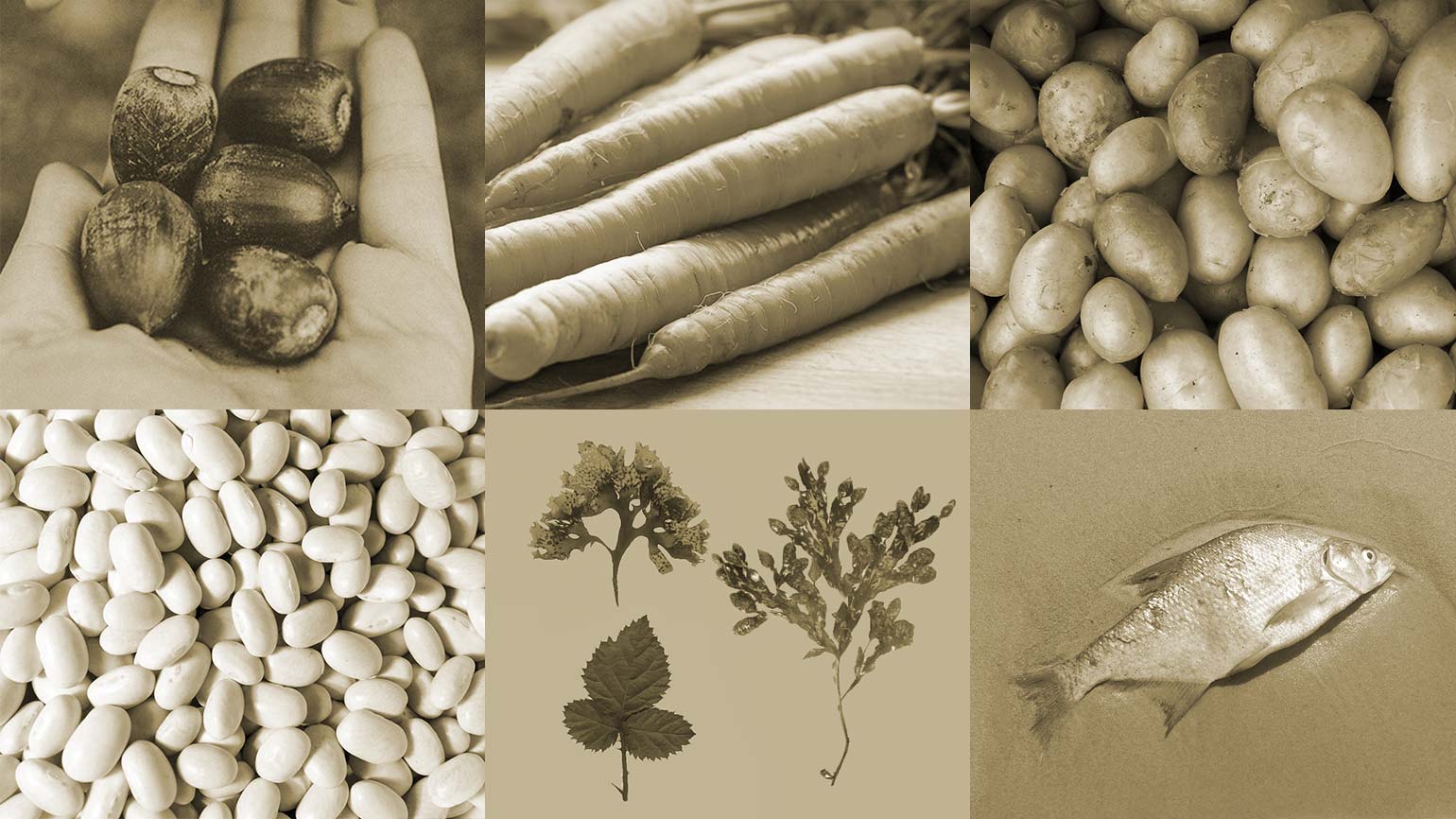
EXAMPLES OF ERSATZ FOOD
|
|
| Salt | Seawater was left to dry and evaporated to produce salt. |
| Coffee | Dried, roasted parsnips or acorns and ground to make coffee. |
| Tea | Dried carrots, nettles or bramble leaves for tea leaves. |
| Flour | Acorns dried and leeched to remove tannins and then be re-dried |
| Gelatin | Carrageen moss, an edible seaweed found around our shores. This seaweed could also be washed, dried ready to eat. |
| Soup | Nettles were boiled to make soup. |
| Flavouring | Sea radish found around the coastline was used as flavouring for bland dishes. |
| Jam | Turnips or carrots boiled for hours and adding a little sugar. |
| Cigarettes | Bramble leaves, cherry leaves, sweet chestnut leaves, rose petals for tobacco. |
| Toothpaste | Cuttlefish and ivy used for toothpaste. |
Fuel shortages meant that there were difficulties with cooking. The States urged people to take uncooked food to bakehouses and communal kitchens were set up to help conserve fuel. If you ever have the opportunity to speak to an islander who lived through these times and ask them what was their most consistent memory of the occupation almost all of them will say ‘hunger’.
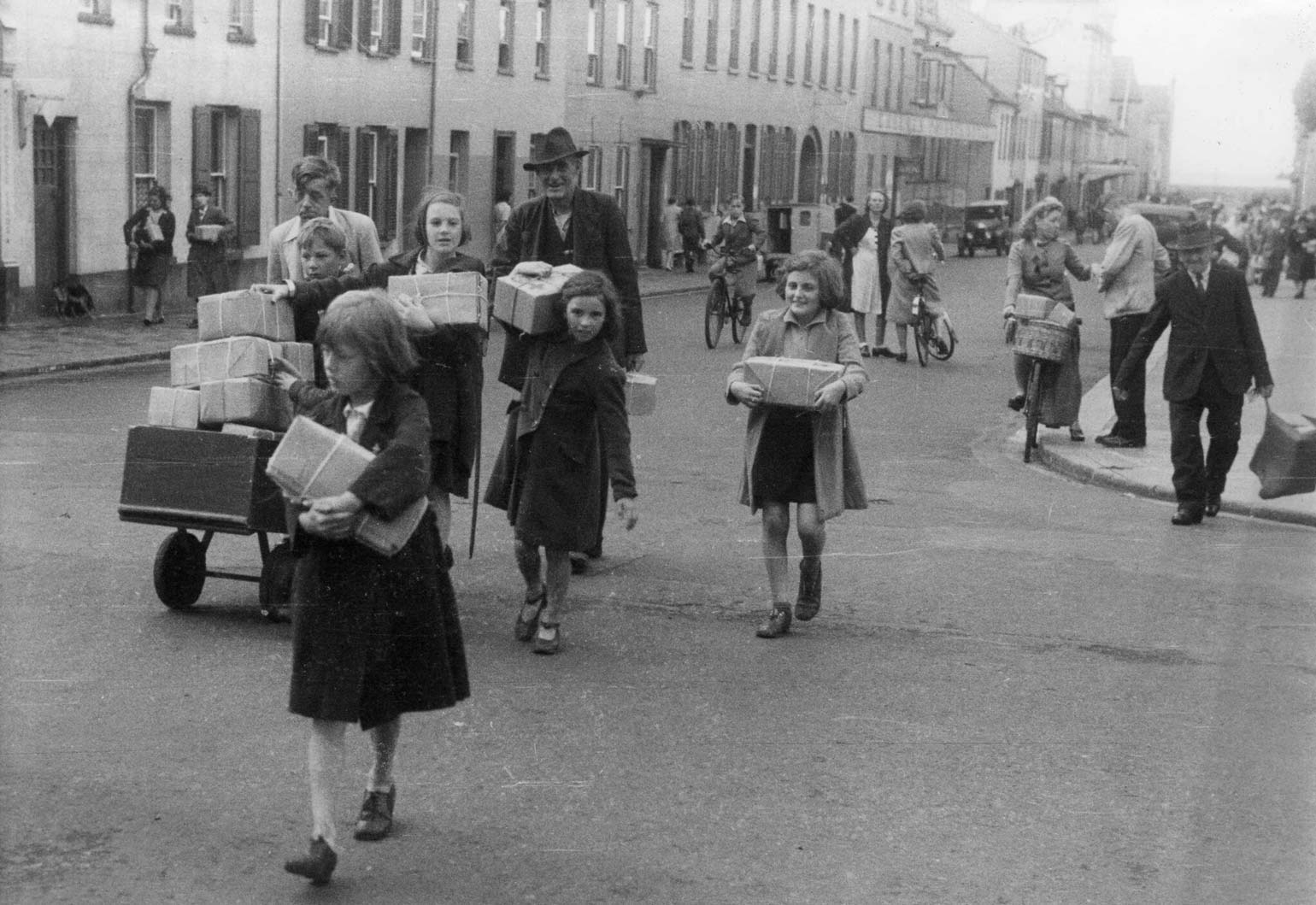
By the end of WW2 the situation had worsened considerably. Much of the Islands supplies which had been bought in from France, by the Germans had dried up. By this time even the occupying forces were facing starvation and ill health. Even after D-Day, on 6th June 1944 it was still another 6 months before salvation came in the form of the Red Cross supply ship SS Vega on December 30th 1944. Food, medicine, fuel and clothing finally arrived for an Island in desperate need.
Never in the history of our Island was an arrival more welcomed. Tales are still told of the relief and joy brought about by this celebrated ship. The Vega continued to bring shipments over the following several months delivering almost a half-million food parcels in the end.
Almost 75 years ago on the 9th of May 1945 Jersey was finally liberated from occupation.
By comparison the hardships we are all facing during our new shared crisis seem almost insignificant,
but the same sense of shared community still remains. We should take heart from the example of courage, resilience and can-do spirit set by our previous generation.


